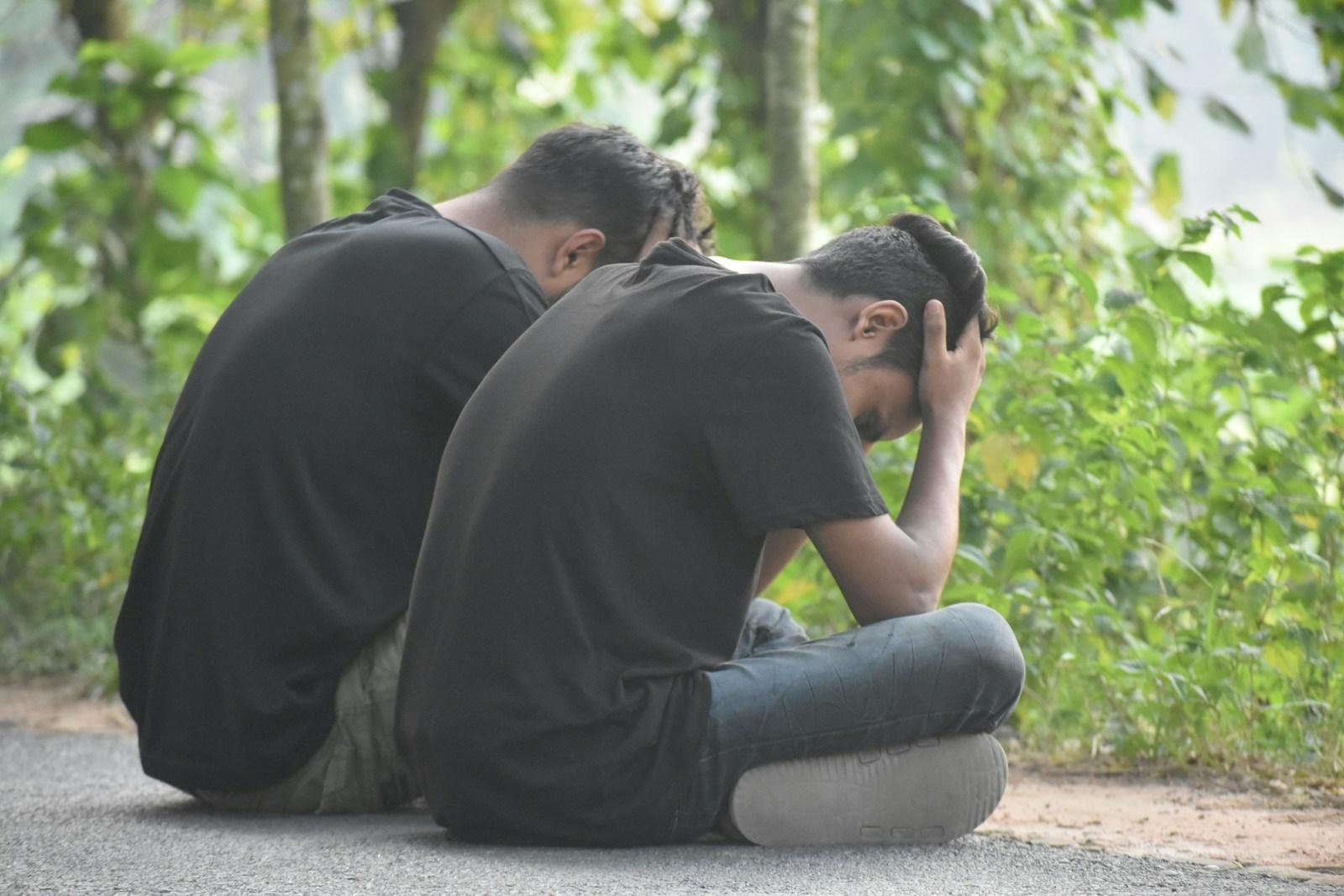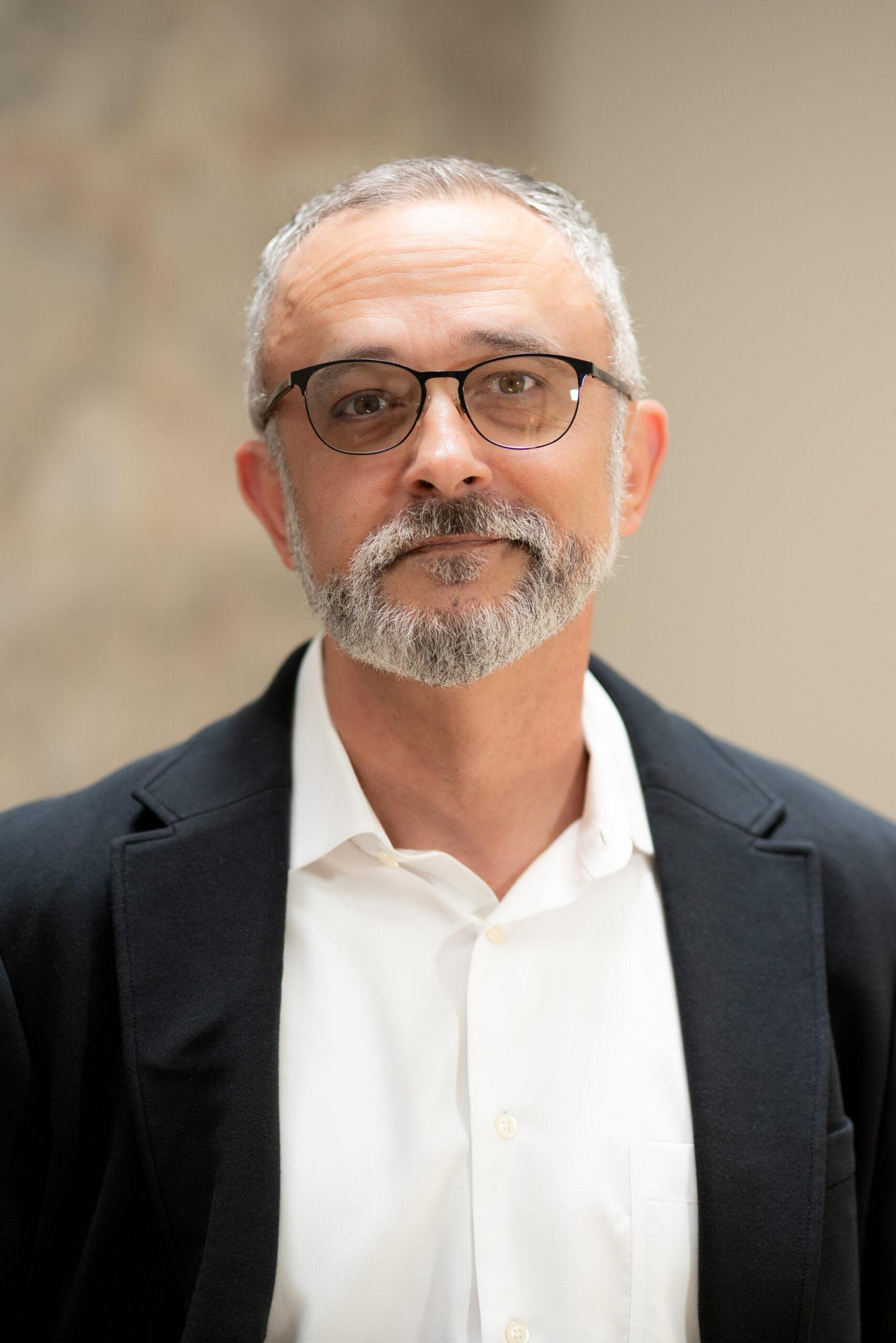Hi, I’m Brian Briscoe.
If you’re reading this, you’re probably carrying more than your fair share. Maybe you’re a parent navigating estrangement. Maybe you’re showing up for everyone but yourself. Maybe you’ve been silently struggling with anxiety, depression, burnout, or trauma—and now you’re wondering if there’s still room to take care of you.
Let me be clear:
There is.
There must be.
At PLACE, we talk a lot about pain, loss, and healing—especially in the context of estrangement. But even outside of that, one truth holds steady:
Your mental health matters. You’re not “just” a parent. You’re a whole person.
Why Parents Often Neglect Their Mental Health
Parenthood has a way of eclipsing everything else. It’s not just a role—it’s an identity, a commitment, and for many, a never-ending list of expectations.
Parents often neglect their mental health because:
- They believe they have to be “strong” for others
- They’re too busy managing crises, calendars, and caretaking
- They fear judgment or guilt for “focusing on themselves”
- They don’t realize how much stress they’re carrying
- They think they’re supposed to be “over it” by now
This is especially true for parents facing estrangement, divorce, chronic stress, or trauma. You may have adapted to dysfunction so thoroughly that it feels normal.
But surviving isn’t the same as thriving. And no one benefits from you running on empty—not your family, not your friends, and especially not you.
Mental Health Is Not a Luxury—It’s a Lifeline
Let’s name this clearly:
Taking care of your mental health is not selfish. It’s foundational.
Your emotional and psychological health affect every aspect of your life:
- Your relationships
- Your decision-making
- Your ability to cope with stress
- Your physical health
- Your sense of meaning and purpose
When you’re dysregulated, exhausted, or emotionally flooded, it’s harder to show up for anyone—including yourself. But when your mental health is supported, you can respond to life (and its messiness) with clarity, boundaries, and resilience.
Common Mental Health Struggles Parents Face
Whether you’re parenting young kids, adult children, or somewhere in between, mental health challenges can sneak in quietly and grow over time.
Here are some common issues I see in parents—especially those in high-stress or estranged situations:
1. Chronic Anxiety
This might look like:
- Constant worry about your kids, your future, or your worth
- Panic attacks or racing thoughts
- Trouble sleeping or relaxing
- Feeling like you’re always “on edge”
Estrangement, in particular, can leave parents stuck in an anxious loop—waiting for a text, reading into silence, imagining worst-case scenarios.
2. Depression
You may feel:
- Hopeless or empty
- Emotionally numb
- Guilty for everything—or nothing at all
- Unable to enjoy things you once loved
- Like you’re going through the motions without meaning
Depression doesn’t always look like sadness. Sometimes, it’s a quiet disappearance of joy.
3. Grief and Ambiguous Loss
If you’re estranged from your child, grieving a changed relationship, or navigating divorce or death, you may be carrying ambiguous loss—a form of grief where there’s no clear closure.
It’s confusing. It lingers. And it’s often misunderstood by others.
4. Trauma Responses
If you’ve experienced abuse, emotional neglect, or toxic patterns in your past (or present), your nervous system may be reacting to current situations in ways you don’t fully understand. You might:
- Freeze or shut down during conflict
- Feel “on alert” all the time
- React intensely to perceived rejection
- Have flashbacks or intrusive thoughts
This isn’t weakness. It’s your body remembering what survival once required.
How PLACE Supports Your Mental Health
PLACE was created because there wasn’t a space that combined compassion, evidence-based tools, and a deep understanding of parental pain. Here’s how we support your mental wellness:
1. Individual Therapy (Texas Residents)
As a licensed professional counselor, I offer one-on-one sessions that help you:
- Understand what you’re experiencing
- Learn coping tools that actually work
- Heal from trauma, anxiety, and depression
- Set and maintain healthy boundaries
- Feel more like yourself again
I tailor therapy to fit your life—not the other way around. That might include Cognitive Behavioral Therapy (CBT), Narrative Therapy, Somatic approaches, or Mindfulness-Based Cognitive Therapy.
We’ll figure it out together.
2. Mental Health Assessments
Not sure what you’re dealing with? That’s okay.
I offer comprehensive assessments to help identify:
- Depression
- Anxiety
- Trauma (including PTSD and complex trauma)
- Substance use
- Obsessive-compulsive tendencies
- Other mood or behavioral concerns
Clarity is empowering. Once you know what’s going on, you can actually do something about it.
3. Peer Support Groups
PLACE hosts three virtual support groups every week—open to parents navigating estrangement, emotional pain, and life transitions.
It’s a space to be seen, heard, and held—no fixing, no judgment. Just honest connection and grounded support.
Signs It’s Time to Reach Out
You don’t need to “hit rock bottom” to get support. But here are some signs your mental health needs attention:
- You’re constantly overwhelmed or exhausted
- You feel disconnected from yourself or your life
- Your moods are unpredictable or hard to manage
- You isolate, numb, or avoid more than you’d like
- You have trouble sleeping, eating, or functioning
- You feel hopeless, like nothing will ever change
If any of this resonates, I want you to hear this:
You don’t have to wait until it gets worse. Help is available now.
How to Begin the Healing Process
1. Acknowledge the Pain
This might be the hardest step: admitting that you’re not okay. That you’re hurting. That something needs to change.
But acknowledgment is the beginning of healing. You can’t heal what you won’t name.
2. Give Yourself Permission to Prioritize You
You’re not abandoning anyone by tending to your mental health. You’re actually becoming more available—for yourself and others—when you’re grounded and well.
You don’t need permission from anyone else to seek care. Give it to yourself.
3. Choose a Support Path
You have options:
- Therapy – for deeper healing
- Coaching – for clarity and action
- Support groups – for shared experiences
- Books and resources – for learning and comfort
Start where you feel most safe. And if you’re not sure? Reach out. I’m here to help guide you.
Mental Health Tips for Parents Right Now
While you explore longer-term support, here are a few things you can do right now to care for your mind and body:
🌱 Breathe with Intention
Pause and take three deep breaths—slow, full, grounding. Let your exhale be longer than your inhale. Repeat as needed.
✍️ Name Your Feelings
Write or speak aloud what you’re feeling today. Labeling your emotions helps calm the nervous system and give clarity.
🚶♂️ Move Gently
Stretch. Walk. Dance. Shake out your hands. Movement helps discharge stuck energy and shifts your mental state.
🧠 Notice Negative Self-Talk
Would you say that to a friend? If not, pause. Reframe it with kindness.
🤝 Reach Out to Someone Safe
You weren’t meant to carry this alone. Even one conversation can make a difference.
You Deserve Support—And You Don’t Have to Do It Alone
Parenting is hard. Estrangement is painful. Life is complicated.
But your mental health doesn’t have to be an afterthought.
PLACE is here for you—not just as a resource, but as a refuge.
Whether you’re processing grief, setting boundaries, exploring therapy, or simply trying to survive another week—this space was built for you.
You are worthy of healing. You are capable of change. And you are not alone.
Let’s walk this path together.
—Brian








